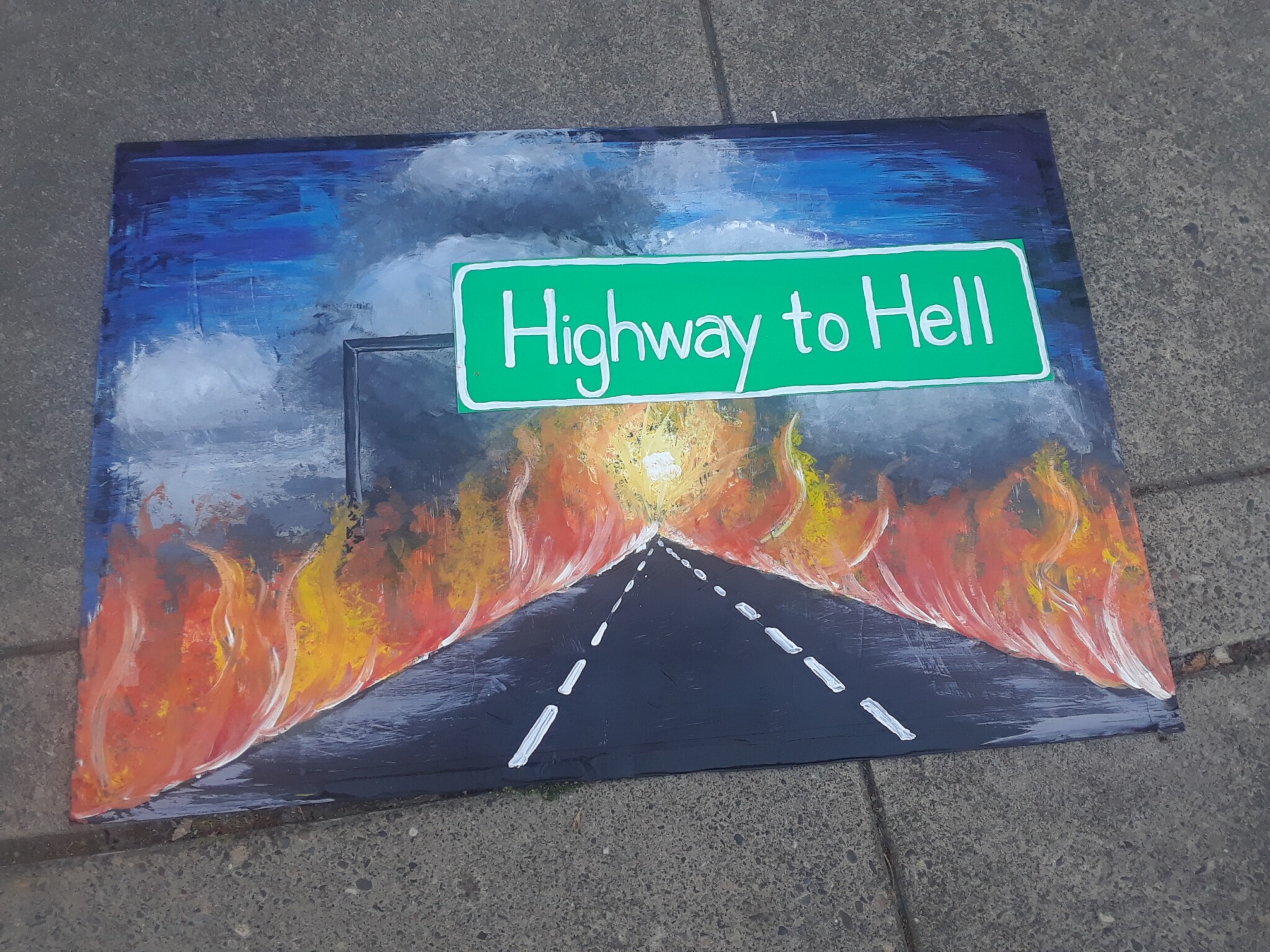Fares aren’t Fair!
On April 26 at 8:45 am, in Room 206 at 1120 SW 5th Avenue, TriMet is proposing a 12% increase in fares! Testify in person at the meeting or submit written testimony to boardtestimony@trimet.org by 5 pm on April 25. To testify virtually on April 26, register early by going to: trimetboardmeetingpublicjoinguide.pdf.
Raising fares would make transit less accessible and disproportionately impact transit-dependent and low-income riders. With less of an incentive for folks to take the bus over driving their cars, our climate and congestion goals would be hindered as ridership plummets even further. Increased fare also equals increased fare enforcement, leading to more folks in our community feeling targeted and unsafe on transit.
While much of the country is making efforts to expand transit and remove barriers for access, the TriMet Board is opting for a regressive measure. Support OPAL and Bus Riders Unite, who view this fare increase as a direct attack on our community. Decreasing the amount of cars on the road, and expanding and incentivizing mass transit, are essential to decreasing our emissions and slowing climate change. TriMet should be investing in our future, not increasing fares! Transit riders help reduce emissions and congestion, benefitting us all. They should not be penalized, but supported.
Here are some sample talking points for your testimony:
1. Share your story, make it personal. How would a fare increase affect your life or the lives of folks in your family or community?
2. Demand that TriMet find the funds elsewhere. Fares are consistently an unreliable source of revenue. The fiscal burdens of this agency should not be placed on the back of this community. A small increase in payroll tax for high earners or talking to PCEF may be good places to start.
4. Mention inflation and center frontline and transit-dependent workers. Everyday costs of living are skyrocketing for folks, and this community is already struggling to keep up. Often, transit-riding folks kept our society running during the pandemic, and now TriMet is thanking them by making it harder for them to get to work everyday?
5. Going fareless would increase ridership, reduce traffic congestion, clean up our air and slow climate change. One hundred cities around the world have fareless transit, including Corvallis and Olympia. Washington state recently passed a transportation package making fares free for everyone 18 and under, and SHA residents. Washington D.C.’s City Council has voted unanimously to make bus service free and expand the number of bus lines running around the clock. Other major metro areas such as Boston and Pittsburgh are significantly expanding fareless transit pilot programs.
6. Going fareless would help youths, veterans, disabled people, seniors, low income neighbors, and other transit-dependent folks get to school, find and hold a job, access health care and other supportive services, visit loved ones, move more freely around town, and even avoid going hungry. In short, it will create a more equitable TriMet district.
7. Going fareless would eliminate costs for fare-box maintenance, fare enforcement and administering discount fare programs, freeing up more funding for service improvement and expansion. It would cut down on hassles for drivers and help boarding go quicker.
Photo credit: Janet Weil. We’re on a highway to hell without accessible, abundant public transit!

